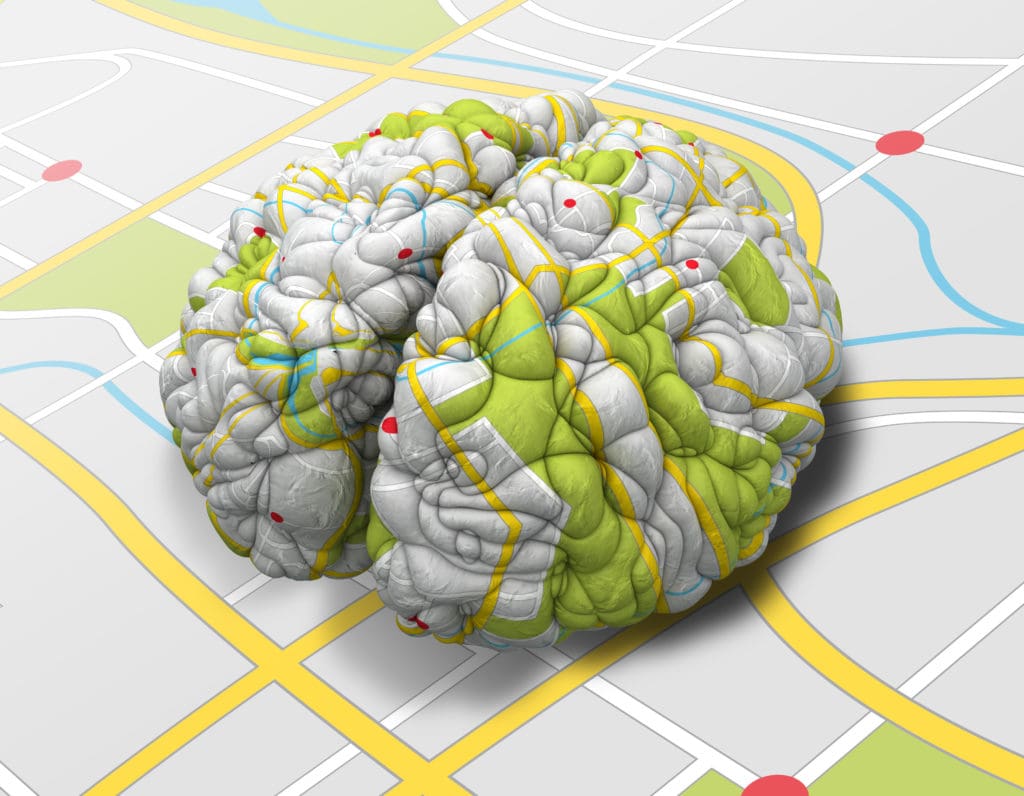
Humans want to find the path of least resistance. We are creatures of comfort. Knowing what to expect eases our worries. It sets up our potential outlook. We enter experiences with preconceived notions of how we will feel and react.
Assume I regularly drive to work. My expectations are regulated. I will feel the comfort of my car. I can listen to the radio or sit in silence, and I am able to control the temperature regardless of the weather outside. I drive the same route with a degree of expected traffic. Regardless of my emotional response to the traffic, I am comfortable. My emotional responses can be habitual or even predicted. Tons of traffic equals frustration; minimal traffic equals surprise and perhaps delight. Although it is a new day, it is what you are used to. It is comfortable.
Trying a new route to work challenges our comfort. It may require learning new turns, new street names, new degrees of traffic, and new visual references. It requires our brain to practice how to focus and ignore irrelevant information. This level of discomfort also allows us to check in with our emotions toward change and suggestion. It is a small degree of discomfort, but the learning involved allows your very adaptable brain to grow.
Growth requires a degree of discomfort. Growing requires our mind and bodies to challenge what they are used to. Muscle is built by breaking down the muscle fibers (also known scientifically as injury or damage). The disruption to the muscle cell (organelles) activates the surrounding cells to repair the damaged muscle by fusing the small tears together. Thus, the increase in cellular repair causes a growth in the muscle. Our bodies are constantly adapting to the physical stress, or lack thereof, we place upon ourselves. In fact, our skeletal and muscular system are extremely adaptable, and our brain is quite similar!
A balance must also be achieved. Lev Vygotsky coined the term “zone of proximal development,” or ZPD. There is an optimal learning zone where one must be challenged and still feel a degree of comfort and knowledge. Teaching an average five-year-old child the difference in shapes is much more appropriate to his/her ZPD than teaching the child Pythagorean theorem in relation to right triangles. A degree of knowledge in the subject is expected as growth occurs.
Challenging our comfort allows us to have new experiences and keeps our brain healthy. A study from Oxford University found juggling increased the white and gray matter in the brain. The researchers at the Oxford Centre for Functional Magnetic Resonance Imaging of the Brain (FMRIB) set out to see if changes in the white matter of the brain could be seen in healthy adults when learning a new task or skill.
“We tend to think of the brain as being static or even beginning to degenerate once we reach adulthood,” said Dr. Heidi Johansen-Berg of the Department of Clinical Neurology, University of Oxford, who led the work. “In fact, we find the structure of the brain is ripe for change. We’ve shown that it is possible for the brain to condition its own wiring system to operate more efficiently.”
Try a new route to work. Learn to juggle. Change where you regularly sit during dinner. Take a cold shower. Change the location of your most frequently used apps. Try something new, challenge your level of comfort, grow your brain.

